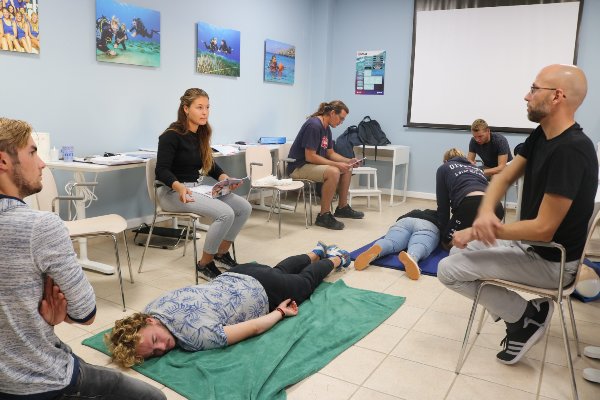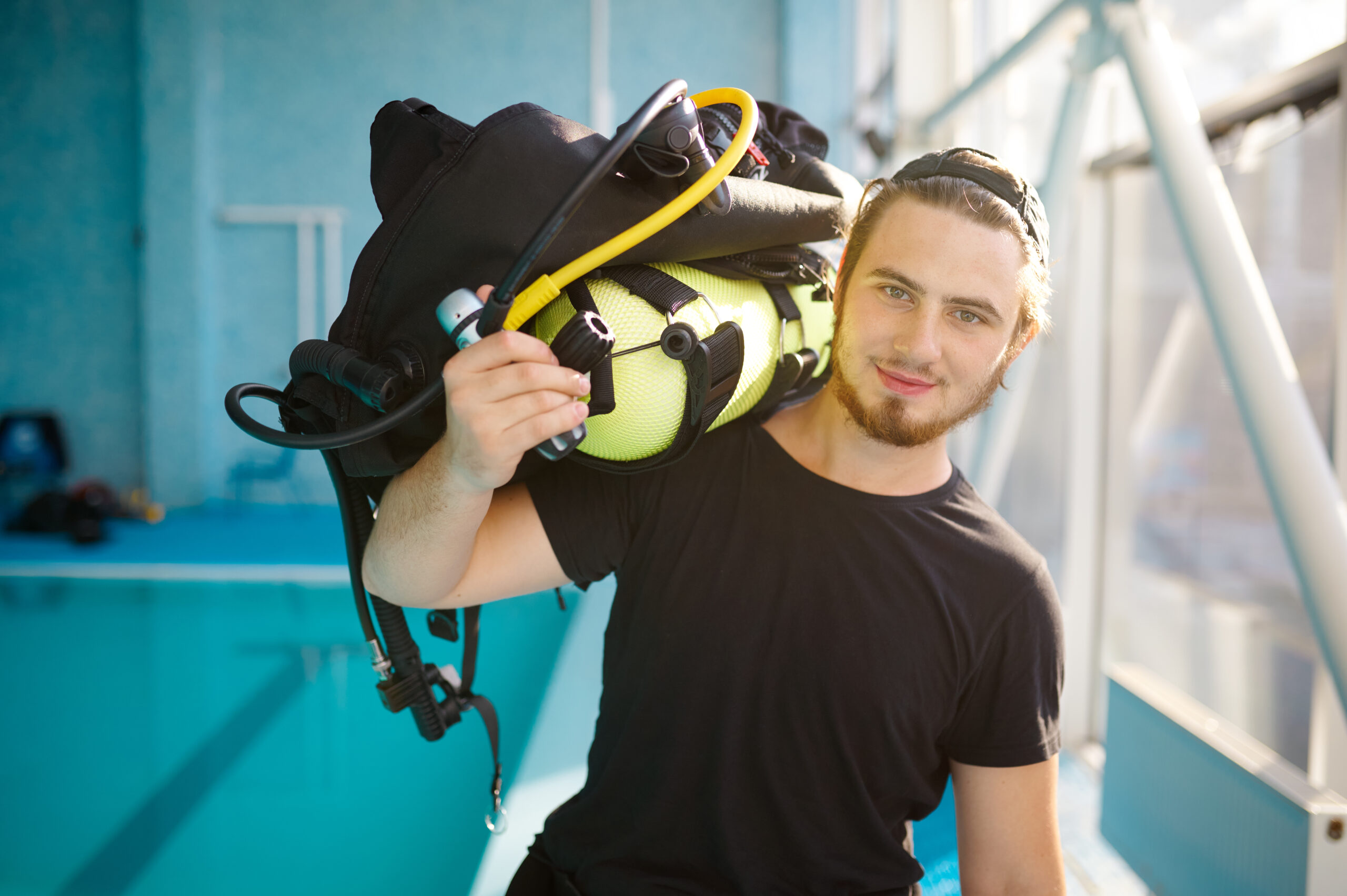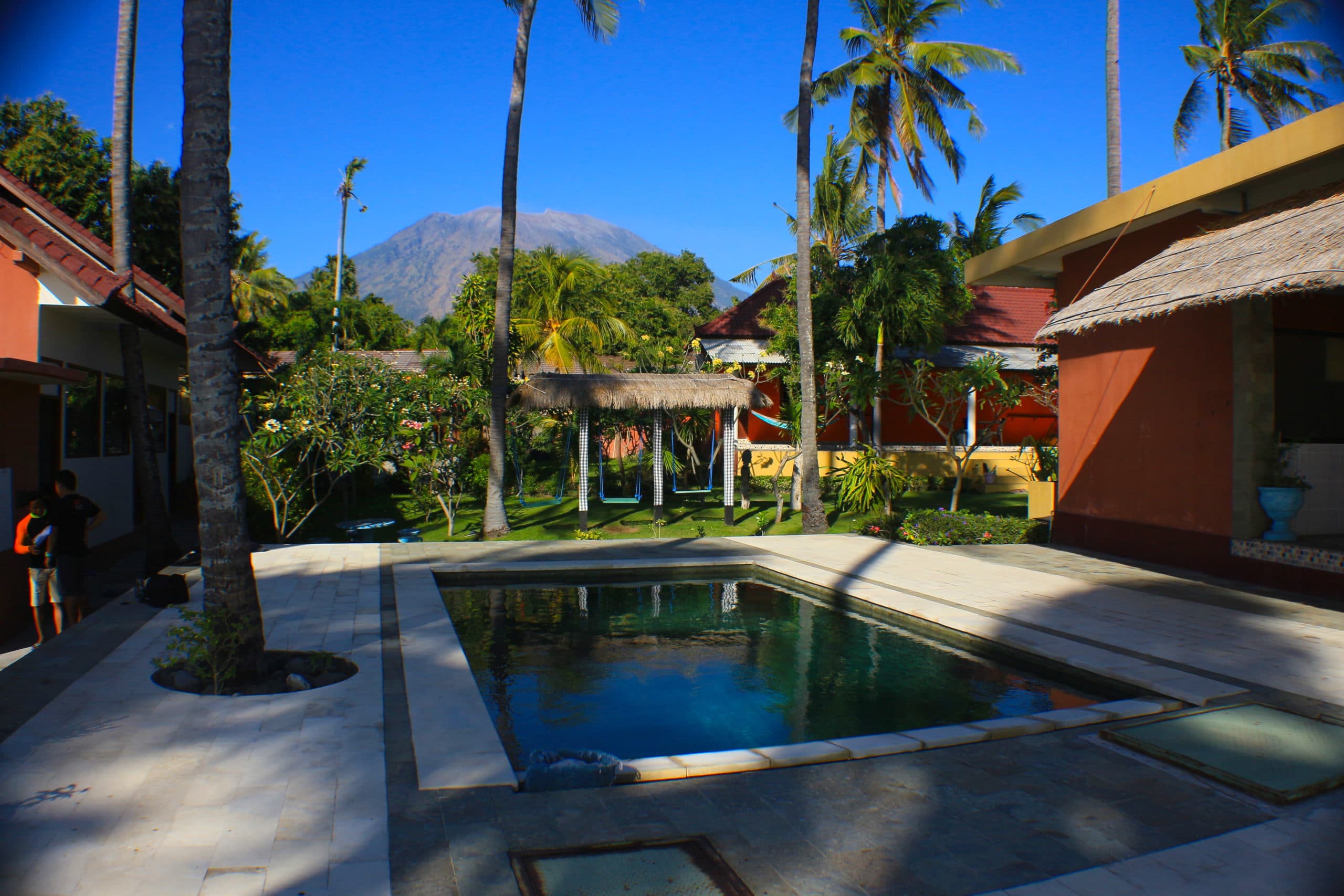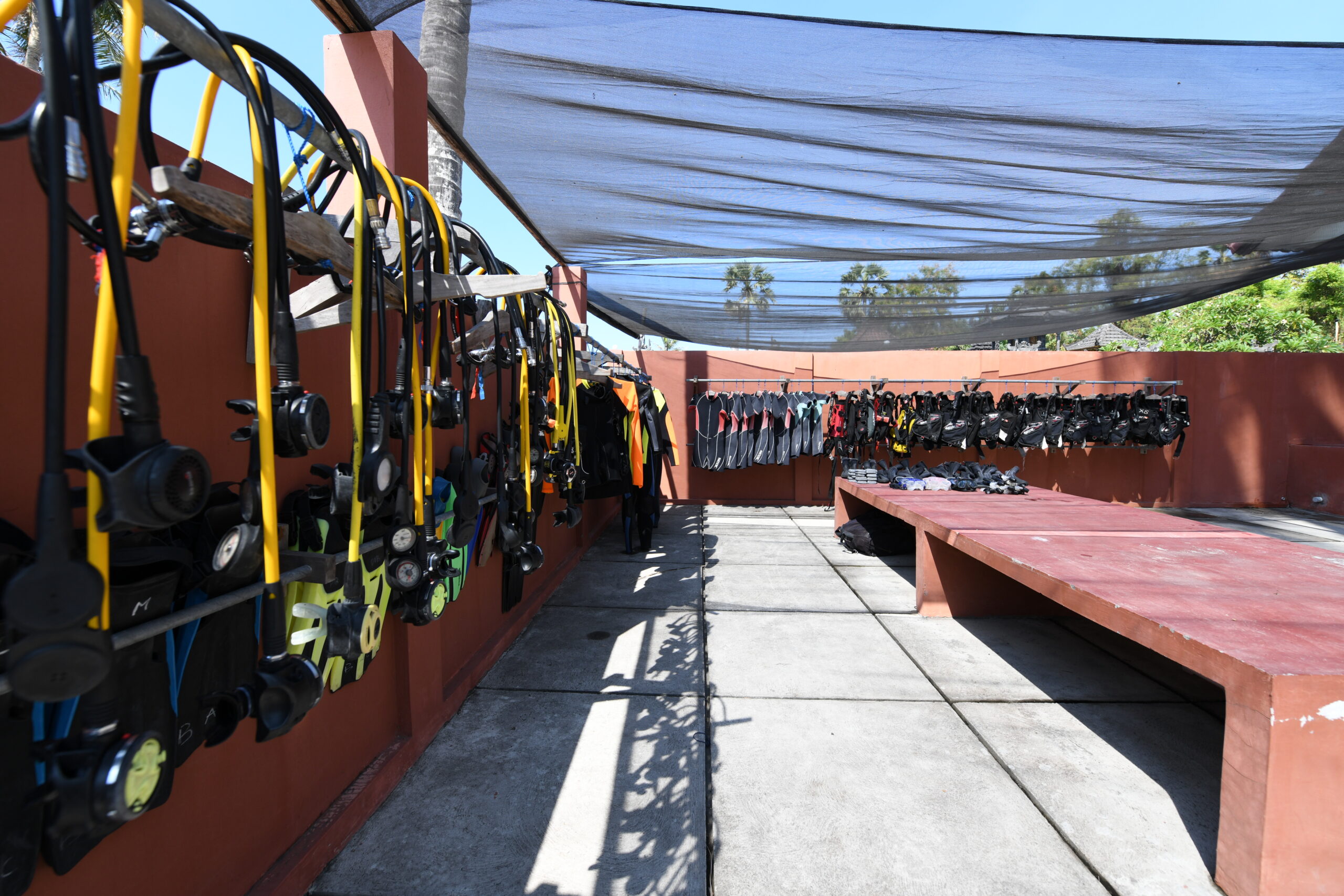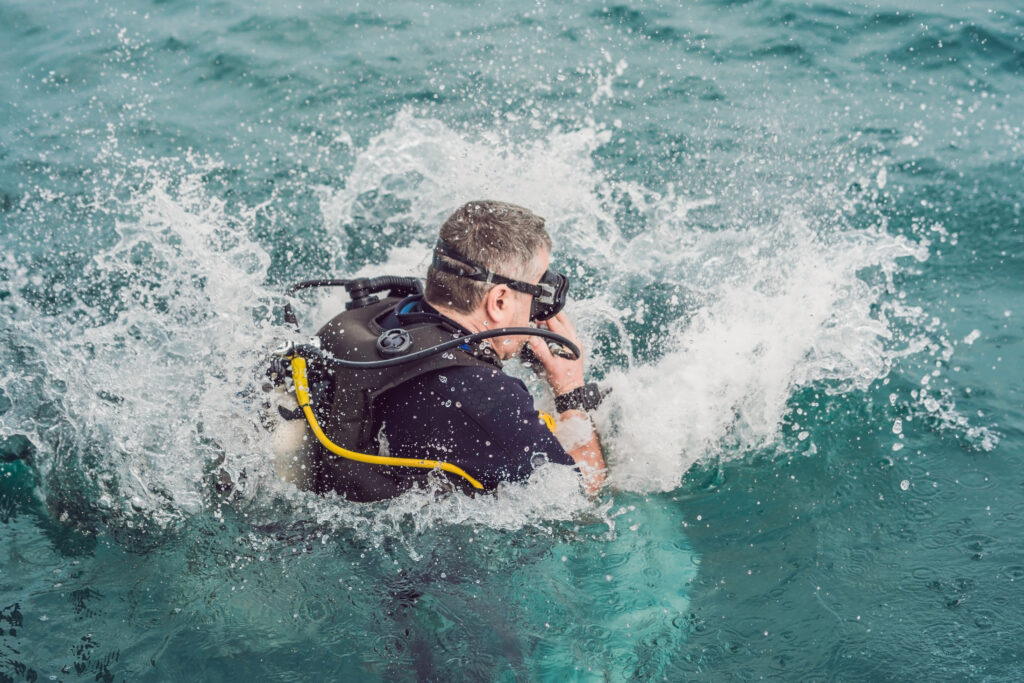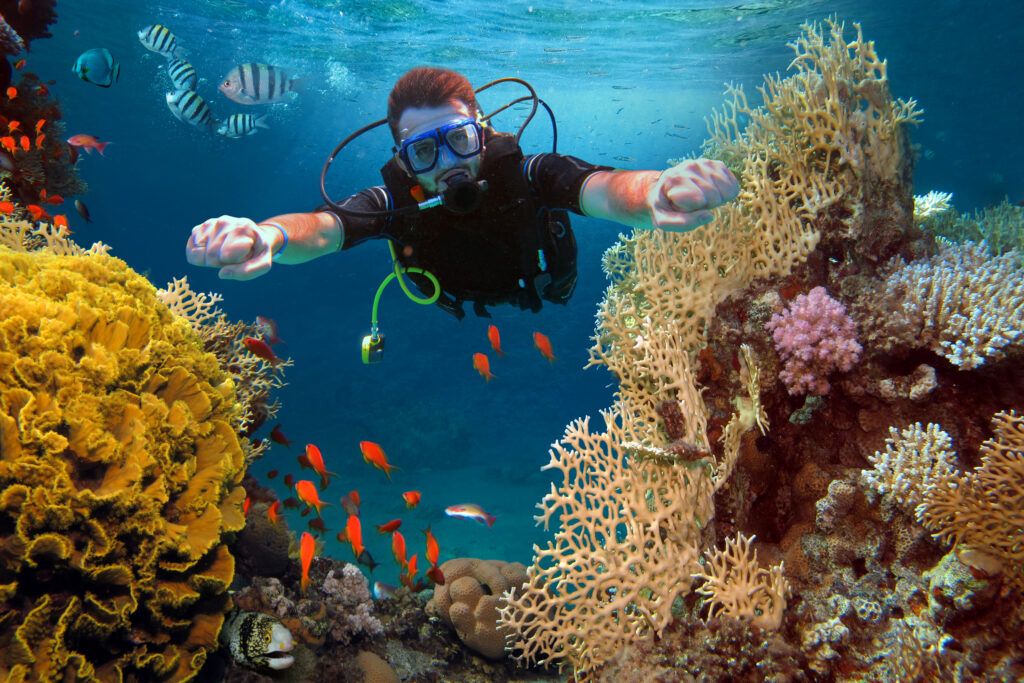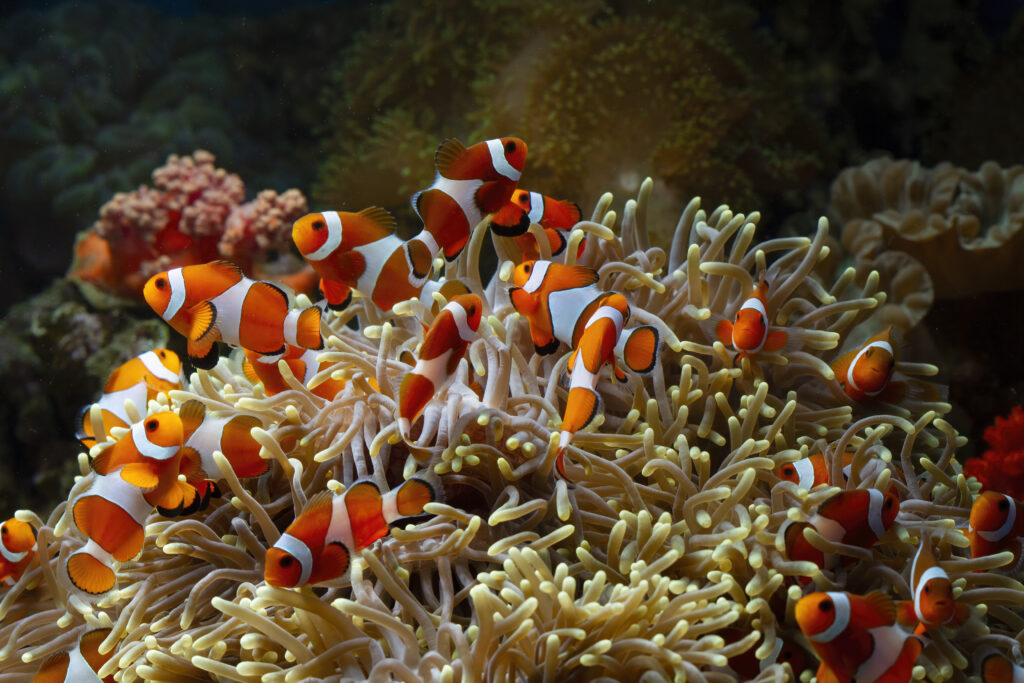SSI Diver Stress and Rescue (Bali)
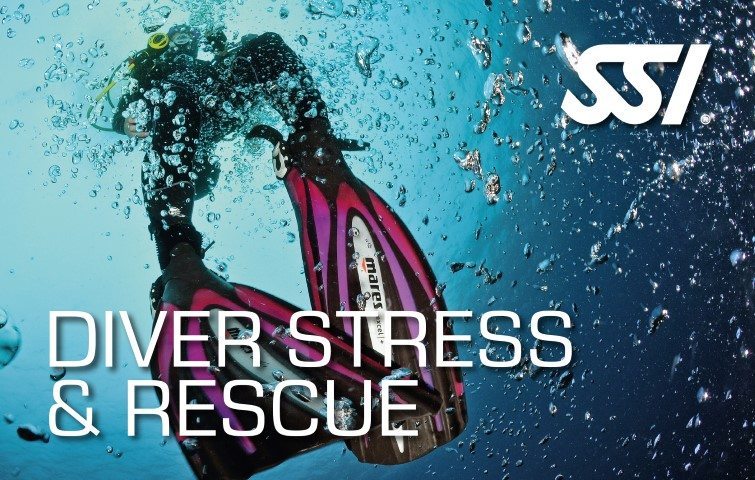
Are you down for a challenge? The SSI Diver Stress and Rescue course teaches divers how to manage problems in the event they occur and how to prevent them from happening. This course is interestingly rated as one of the most rewarding scuba diving course and a favourite to some divers! The course is open to all certified divers and can be completed within 3 days if you are already first aid and oxygen provider certified!



